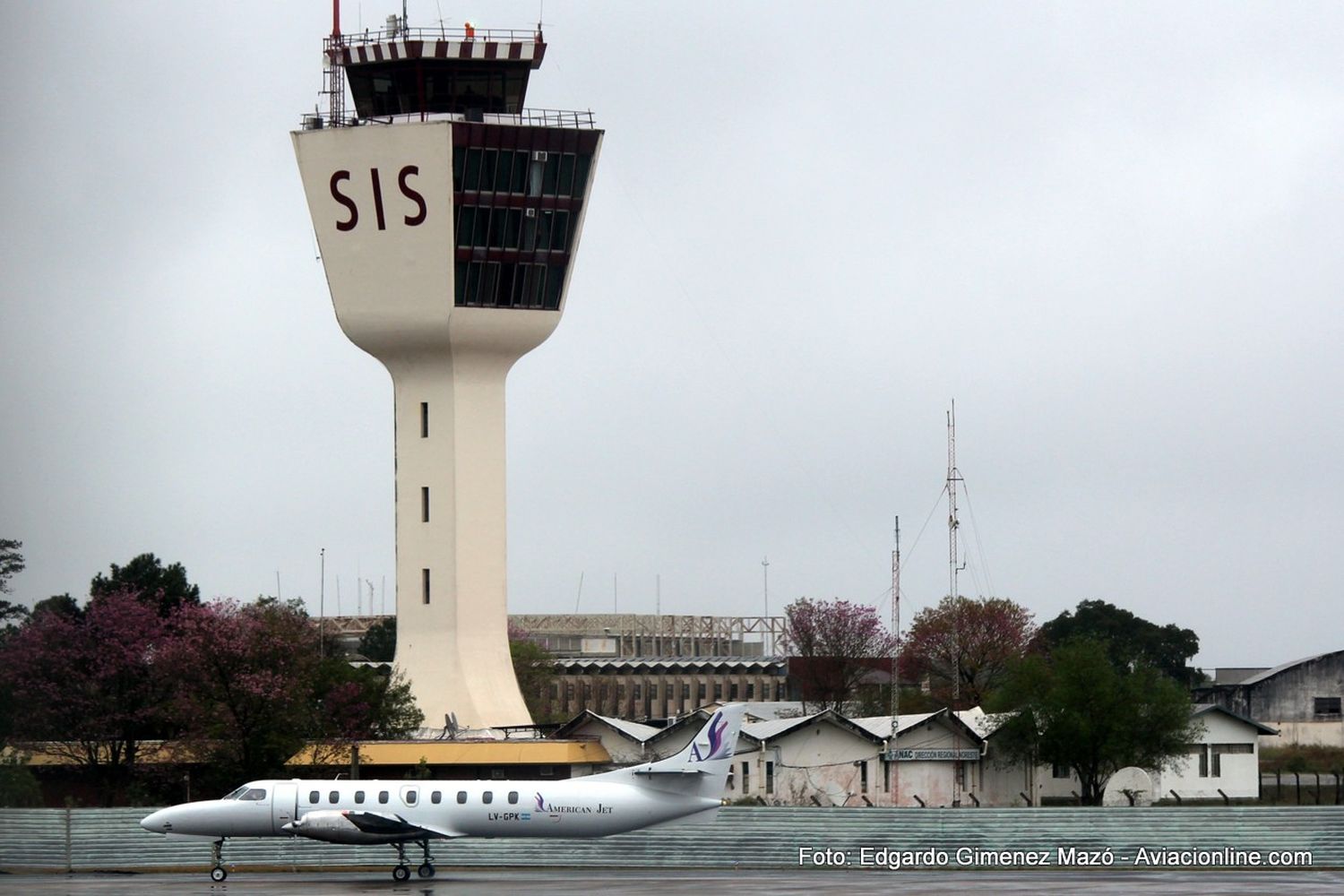Argentina Simplifies Air Transport Authorization for Regional Aviation
The Argentine Undersecretariat of Air Transport announced a new regulation published today in the Official Gazette, establishing a simplified procedure for the authorization of non-scheduled air transport in aircraft with up to 19 seats. This measure, according to the preamble, aims to reduce administrative burdens, streamline processes, and promote the development of the country’s air transport sector, «without compromising the high operational safety standards that characterize the aviation authority.»
Streamlining processes within ANAC
According to Provision 12/2024, individuals and companies can now submit applications for both the air transport authorization and the Air Service Operator Certificate (CESA) simultaneously to the National Directorate of Operational Safety (DNSO), which operates under the National Civil Aviation Administration (ANAC). Previously, these processes were managed separately, causing unnecessary costs and delays, as the first procedure took 30 days, and the CESA authorization required an additional 90 days.
The new system allows the DNSO to oversee compliance with the requirements established in the Aeronautical Code and its regulations, and subsequently forward air transport authorization projects to the Undersecretariat of Air Transport for final approval.
This provision complements the Regulation for Access to Air Transport Markets, Decree No. 599/2024 signed in July 2024, which seeks to promote air connectivity across the country through principles described as «free market access, commercial fairness, tariff deregulation, strict safeguarding of operational and aviation security, continuous operational oversight of authorized services, the principle of state unicity, contractual freedom, speed, direct communication, dynamism, comprehensiveness, and efficiency, among others.» This regulation responds to the reforms introduced by Decree No. 70/2023, which declared a public emergency and emphasized the need to reorganize air transport legislation to strengthen the industry.
The simplified procedure targets operators using aircraft with up to 19 seats for non-scheduled passenger or cargo services, both domestically and internationally.
«This is fundamental to achieving greater connectivity—more air routes and more planes to meet the needs of our vast country. It will enhance and complement the Argentine air transport market with small aircraft capable of serving air routes between locations that currently lack connectivity or have low demand,» said Franco Mogetta, Argentina’s Secretary of Transportation.
See also: Argentina and the Unfinished Business of Regional Aviation


Comentarios
Para comentar, debés estar registrado
Por favor, iniciá sesión